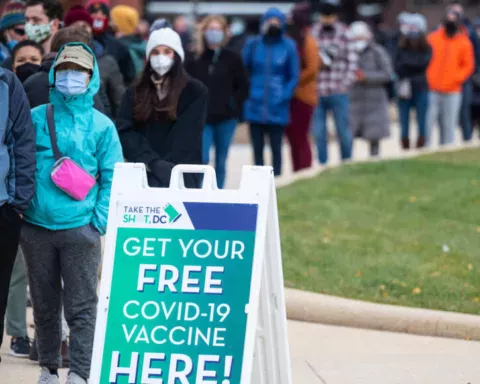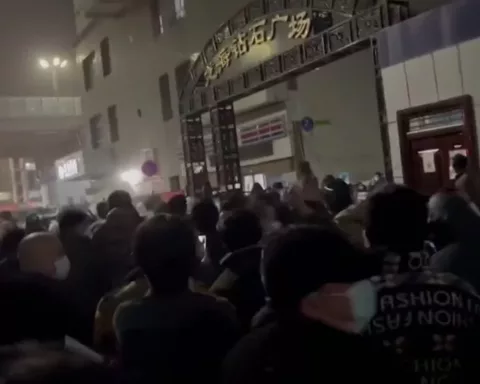That is why, Ugochi Obidiegwu, also known as The Safety Chic due to her work in raising safety consciousness, decided to step up her efforts on safety education.
For the pandemic, she focused her interventions on children and adults. She wrote a child safety story booklet on the coronavirus, “The Adventures of Muna: A kid-to-kid guide on the Coronavirus.” The booklet used a story, African characters, questions, colouring activities, and a maze to pass on the safety message in a fun but enlightening way to children.
A thousand booklets were produced and distributed to children in six states of Nigeria. Obidiegwu hosted three virtual book-reading events for children and also partnered with a Nigerian educational technology company to create an online game to prepare children for safe school resumption in a pandemic.
For adults, Obidiegwu introduced her safety education app, the Safety Chic Compass. Her goal was to ensure that regardless of location, African parents and teachers could access safety content that suited their uniquely African context from the comfort of their mobile devices. She also engaged in social media sensitisation, teaching correct safety steps to take on a variety of issues like preparing for possible post-COVID-19 school resumptions, working safely from home, and online safety – such as managing cyberbullying – for children.
Today, she continues trainings on safety measures via online and social media platforms in order to reach more people. She hosted the fourth edition of her annual School Safety Summit virtually in May. At the event, participants, who were predominantly female, were able to learn how to administer first aid for a variety of scenarios, most especially in this period of the pandemic.
While Obidiegwu made some progress in raising safety consciousness, there were some challenges experienced by her and her beneficiaries. COVID-19 cut off women and girls from receiving safety interventions that they would have accessed if there were no restrictions on movement. For example, last year during the annual School Safety Summit, there were over 400 teachers present, 85 per cent of whom were women and many from low-income schools. However, due to the pandemic, there were just over 100 participants, the majority female, at this year’s edition of the Summit.
“Considering that, prior to the pandemic, arrangements had been made with an education district to train about 400 teachers, this was a disappointing outcome,” Obidiegwu said. “We discovered that many women had had to make a choice between feeding their families and joining online programmes that require paying data for internet connectivity. This also affected the abilities of their children to access online education platforms.”
For the girls, since physical sessions with them were no longer possible, booklets were sent to their communities by partnering with organisations who were distributing palliatives in those communities.
“Feedback received told us that the booklets were helpful because of the use of stories and fun learning activities. Personally, funding sources became tight, affecting our beneficiaries and cash flow,” Obidiegwu said.
“One donor, partnering with us to provide training and safety education materials to female public schools in three states in the North and East, had to withhold funds due to the pandemic,” she added. “We are hopeful that we will still be able to execute that project after the worst of this blows over. Nevertheless, we are glad that we were able to use creativity, abilities, and partnerships to play a role in this important time in history.”
Ugochi Obidiegwu’s story is part of a series on African women human rights defenders presented in a new publication entitled “On the frontlines: Defending rights in the time of COVID-19.” The publication, developed by UN Human Rights Regional Offices for East and Southern Africa, highlights these defenders’ work during the pandemic and creates a source of information on COVID-19 recovery programming and policy making for women human rights defenders.
Disclaimer: The views, information and opinions expressed in this article are those of the persons featured in the story and do not necessarily reflect the official policy or position of the Office of the UN High Commissioner for Human Rights.





